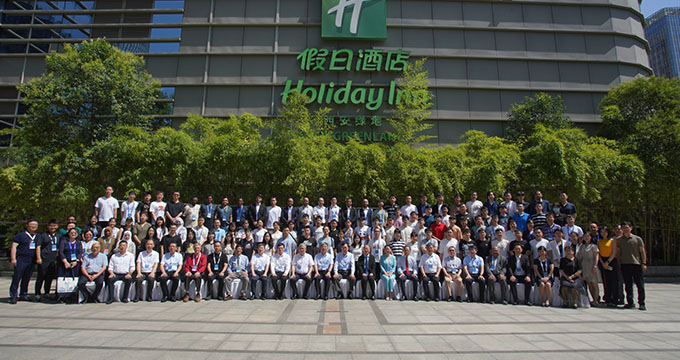

340 views||Release time: Jun 19, 2025
Securing a visa to attend an academic conference abroad is an essential part of international research participation. Whether you’re presenting your paper or joining as an attendee, getting the correct travel authorization ensures you can attend smoothly and on time.
In this article, we’ll walk you through the step-by-step process of getting a visa for academic purposes—and show how platforms like iconf.com can support you with accurate conference documentation and guidance.

Depending on the country and your role at the conference, you’ll typically need a Short-Term Business Visa or a Visitor Visa. Some countries have a specific Conference Visa category. Examples include:
B-1 Visa (USA – for business visitors, including academic events)
Schengen Short-Stay Visa (Europe – for attending conferences in Schengen countries)
Temporary Resident Visa (Canada – for conferences and academic visits)
Always check the official embassy or consulate website of the host country for exact visa types.
Once your paper is accepted (or once you register as an attendee), the conference organizer should issue an official invitation letter. This document typically includes:
Your full name and passport number
Conference title, dates, and venue
Statement of purpose (e.g., invited speaker, oral presenter, participant)
Organizer’s contact information and signature
When using iconf.com, you can find conferences that clearly state they provide visa support and help facilitate document issuance.
A complete visa application usually requires the following:
Visa application form (from the embassy website)
Valid passport (with at least 6 months validity)
Invitation letter from the conference
Proof of accommodation (hotel or university lodging)
Flight itinerary (round-trip or planned travel)
Proof of funds (bank statement or sponsorship letter)
Conference registration receipt
Proof of employment or enrollment (university/student ID or letter)
Some countries may also request a cover letter explaining your purpose of travel.
Depending on your nationality and the destination:
You may need to schedule a visa appointment at the embassy
Attend a visa interview where you'll be asked about your trip and research
Pay the visa fee, which varies by country
Submit biometrics (photo and fingerprints)
Be honest, organized, and bring physical copies of all required documents.
Visa processing can take anywhere from a few days to several weeks. During this time:
Keep checking the application status via the embassy portal
If delayed, contact the consulate or use tracking support provided by the visa center
Make sure to apply early—ideally 6–8 weeks before your intended travel date.
Double-check all information in your invitation letter—names must match your passport
Be aware of country-specific visa rules (e.g., transit visa requirements)
If your visa is denied, you can usually request a review or reapply with additional documentation
Some universities offer visa assistance services to their researchers and students
Platforms like iconf.com help researchers by:
Listing international conferences that offer official invitation letters
Providing clear event details for visa applications (dates, location, organizer info)
Helping you choose conferences with good reputations, which improve visa approval chances
Offering submission deadline reminders so your visa timeline stays on track
This added structure reduces stress and helps you focus on what matters—your research and presentation.
Getting a visa to attend an academic conference involves preparation, timing, and attention to detail. With the right documents and an official invitation, the process is manageable. Using tools like iconf.com ensures you’re registering for legitimate events with proper documentation—so you can confidently take your research across borders.